Hello everyone,
I hope you all enjoyed knowing Pakistan in the previous part of this blog. Once again I am going to tell you something more about my beloved country.
Peshawar 1945 to 1948
The tour of Frontier Province
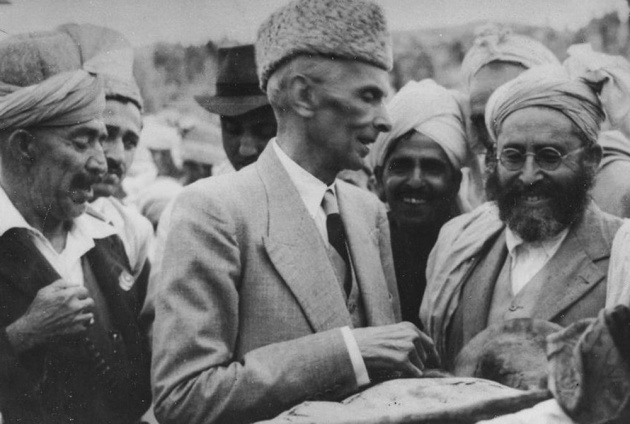
Photo Credit: National archives, Islamabad
Muhammad Ali Jinnah addressed the rallies in Mardan, Peshawar and tribal areas during the second visit to the NorthWest Frontier Province (NWFP). It was his first visit to the state after the government of Congress and Khudai Khidmatgar Movement in 1937.
Here the Muslim League's popularity was surrounded by Muslims's dissatisfaction. Because, despite the 7 percent representation in the assembly of Hindus and Sikhs in the province, the British government gave them the right of 24 percent representation.
The problem was that the NWFP was not communal, due to which there was a dispute between the Khudai Khidmatgar Movement (backed by the Hindu Congress) and the Muslim League. By virtue of this, tribesmen were more confused, but their support was with the Muslim League.
In June, Abdul Ghafoor Khan demanded a separate and autonomous state called 'Pakistanistan', After that the reputation of Khudai Khidmatgar Movement and Congress fell down and the Muslim League began to emerge.
Lahore 1947
Return to the land of hearts
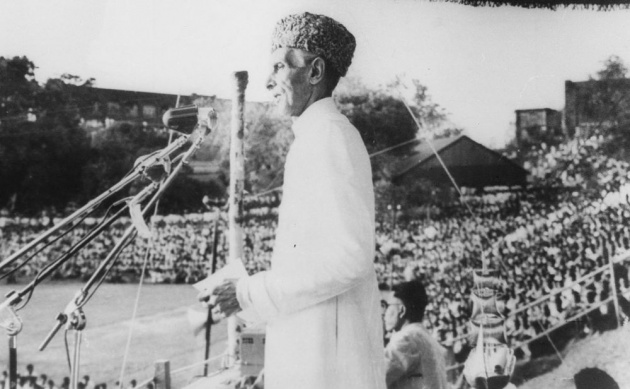
Photo Credit: National archives, Islamabad
The violence during the partition, also caused personal disturbance for the founder of Pakistan, the authenticity can be felt from the statement given by him, In which he said:
"Some people believe that the acceptance plan of June 3, 1947 is the fault of Muslim League, I want to tell them that there will be devastating consequences of accepting any alternative decision".
He was a person who never compromised his principles, he further said while addressing the convention:
"Under the principles of Islam, a Muslim is obliged to protect his neighbors and minorities, Despite the bad behavior with the Muslim minorities in India, we have to protect their lives by providing shelters to the minorities".
Balochistan: 1943 to 1948
Conquest of hearts and minds
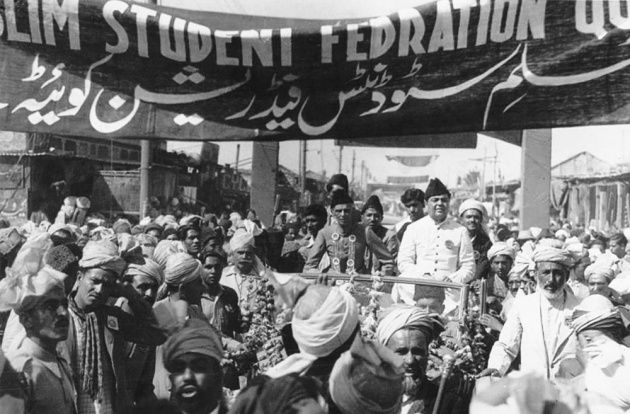
Photo Credit: National archives, Islamabad
The main leader of Tehreek-e-Pakistan, Muhammad Essa facilitated Muhammad Ali Jinnah in Balochistan's visits and arranged meetings with Baloch leaders.
During the stay in Sibi, he met with Khan of Kalat too. The last meeting between the two leaders was held in Harboi on February 14th, which was a state of Khan of Kalat surrounded with mountains. But that meeting was canceled due to the sudden illness of Khan.
After many meetings with Khan of Kalat and Lord Mountbatten, Muhammad Ali Jinnah announced a contract on 11th August 1947, the contract contained that the talks between Pakistan and Kalat will not only be done on Steadfastness but Defense, Information, and Foreign Affairs will also be discussed.
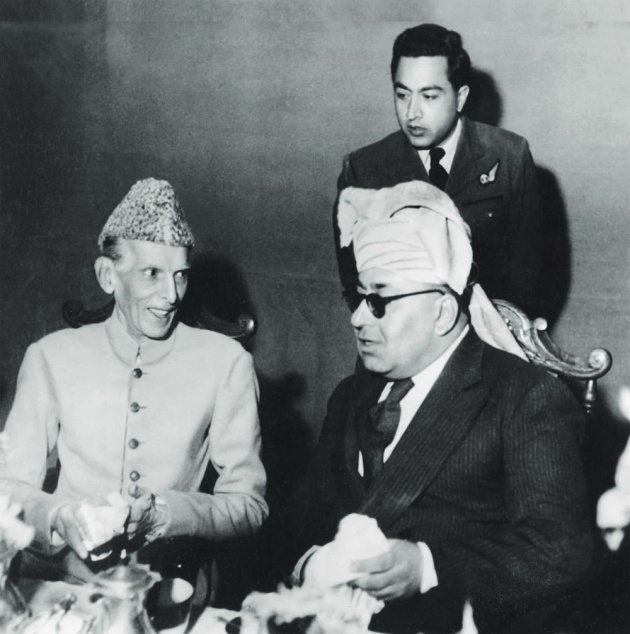
Photo Credit: National archives, Islamabad
While moving ahead, a changing appeared in the thinking of Muhammad Ali Jinnah, he believed that Kalat should also sign on the affiliate documents like other states did, but Khan of Kalat thought that there should be a separate assembly created.
In March 1948, Makran, Kharan, and Lasbela affiliated with Pakistan, after that the Pak Army entered in Jiwani, Pasni, and Turbat on 26th March 1948.
Holocaust 1947
Migration
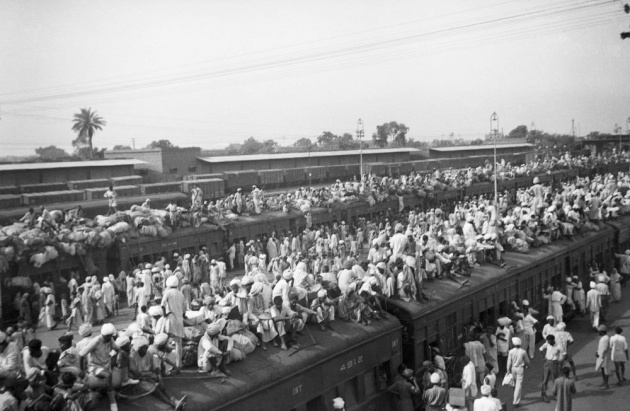
Photo Credit: Book "Witness to life and freedom"
In the above picture, a large number of Muslims from Western Punjab and from other Muslim majority provinces can be seen at Amritsar railway station. Who later reached to Lahore by train.
Immediately after the partition, millions of people migrated between India and Pakistan, Nearly 65 lac Muslims came from India to West Pakistan. On the other hand, 4 lac and 70 thousand Sikhs and Hindus migrated from West Pakistan to India.
Amritsar, located only 32 kilometers away, was separated from Lahore. The half population of these two cities consisted of Muslims while the third large population of Lahore and Amritsar consisted of Sikhs and Hindus, there were excellent relations between Hindus, Muslims, and Sikhs in both cities.
This migration also resulted the worst violence, most regretful attacks were carried out on migrants who migrated through trains, the invaders filled the trains with dead bodies, 4,000 houses of Lahore were burnt down and destroyed while more than 6,000 houses of old Lahore were severely damaged.
BBC documentary via youtube.com
Single Spokesperson - Karachi 15 August 1947
Governor General's arrival
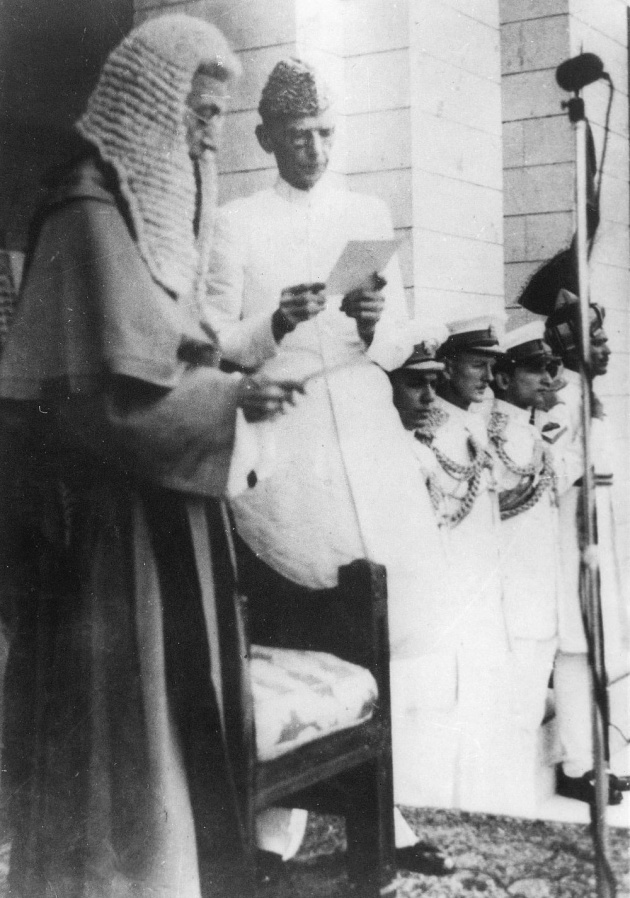
Photo Credit: National archives, Islamabad
I, Muhammad Ali Jinnah believe and obey the Constitution of Pakistan and I as Governor General of Pakistan, will be loyal to the king george VI.
This was the day of August 15, 1947, when Muhammad Ali Jinnah took the oath under the words of Indian Independent Act 1947, on the same day, his long struggle for Pakistan was over.
The Oath-taking was organized at the Lahore High Court's Chief Justice Mian Abdul Rashid's office. After that, Mian Abdul Rashid became the first Chief Justice of Pakistan.
In the next step, the first cabinet of Pakistan took the oath, and Liaqat Ali Khan was appointed as the first prime minister of the country.
In these ceremonies, Muhammad Ali Jinnah wore white sherwani. He walked with Naval Guards and accepted their greetings, although it was the month of August and there was severe heat.
Despite the summer, Muhammad Ali Jinnah kept on walking seriously and wandering in the government house where many government officials and politicians were gathered to congratulate him.
Karachi 14th August 1947
Muhammad Ali Jinnah Taking power
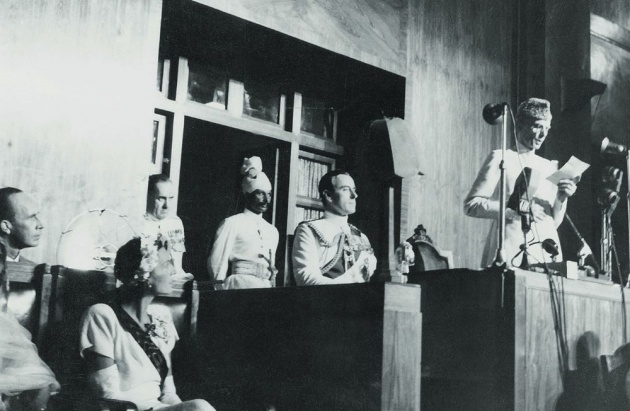
Photo Credit: National archives, Islamabad
Muhammad Ali Jinnah in this picture, responding to Viceroy's speech in the constitutional assembly of Pakistan. On this occasion, the British government transferred its powers to Pakistan and India.
Three days before the independence, on August 11, 1947, in Karachi, Muhammad Ali Jinnah gave a historic speech at the opening conference of the Constitutional Assembly. In which he announced some of the key priorities for Pakistan.
Regarding the religious freedom, he said,
'You are free to go to your temple and churches.' As far as the state is concerned, it is not religious, If you want to go to the temple, either go to the mosque or any other place of worship, the state has nothing to do with it what religion you belong and what your nationality is, all the citizens are equal to the state.
Lord Mountbatten returned to his seat after the speech. Mountbatten said in his speech while praising Muhammad Ali Jinnah that he felt that the friendly and close relationship between him and Muhammad Ali Jinnah has become stronger.
Very far plan- Kolkata 16 August 1946
After the incident
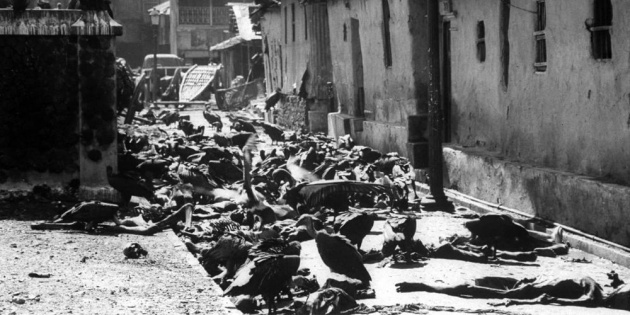
Photo Credit: Book "Witness to life and freedom"
In this picture, Vultures can be seen eating the dead bodies on the streets of Kolkata.
The bodies scattered in this street of Kolkata are after the riots between Hindus and Muslims during which several people were slaughtered.
On that day, the unfortunate incident began before Muslim League's rally, whilst the rally was to be started at noon, the Prime Minister of Bangladesh was going to address the rally. There was a tension due to the conditions before the rally.
According to non-verified reports, participants were attacked after the end of the rally, in which all the injured were Muslims.
Delhi July 1946
Disclaimer of the project
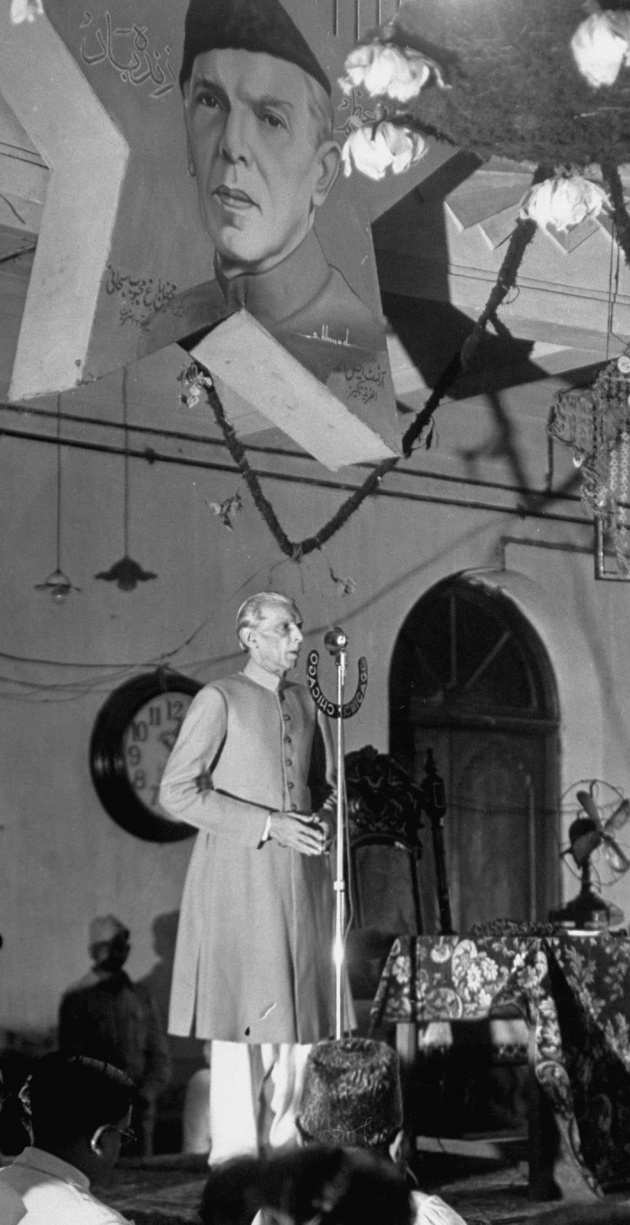
Photo Credit: Book "Witness to life and freedom"
In the same year, the British government set a cabinet mission, the purpose of which was to maintain the independence of India and the unity of the country.
Members of the Cabinet Mission Constitutional Assembly wrote a plan, which was based on 2 points.
The 1st point was to distribute All India to the Federation Group and create a Hindu-Majority province in one of its parts, and other provinces should contain Muslim majority, the Federation should be given limited powers of foreign, defense and media only. Although the Muslim League accepted this point, yet the Congress rejected it.
In the 2nd point, it was suggested that under the distribution of Punjab and Bengal, autonomous 'Pakistan' should be established and all Muslim majority areas should be the part of it. But the 2nd point was rejected by both of the parties Muslim League and Congress.
Later, some members said that they would never compromise on their national role, therefore, either consent to the suggestion of Muslim League to be accepted or the suggestions made by the imperialist group will be the veto.
HuntleyFilmArchives via youtube.com
On an occasion, when it became clear that Congress wants to decrease the provincial power, Muhammad Ali Jinnah decided to forgo the first proposal presented by the Muslim League in the cabinet session and demanded the autonomous Pakistan at the partition of Bengal and Punjab.
And by the Direct Action Day, Muhammad Ali Jinnah compelled the British Government to represent them in the center based on equality.
(TO BE CONTINUED...)



